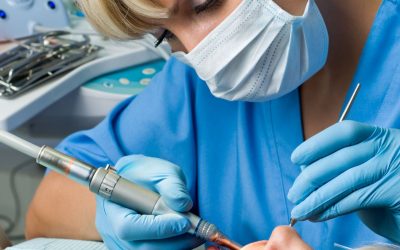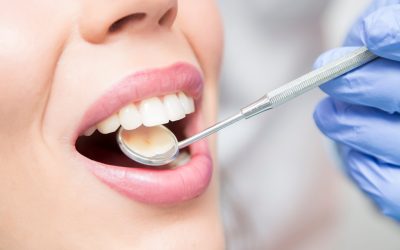Your smile is one of the first things that a person will notice when they look at you, so it only makes sense to take goo care of your teeth and surrounding structures. You have probably heard that you should be brushing your teeth twice per day and flossing, but what happens when you don’t do those things? There are thousands of different types of bacteria in your mouth and when you fail to brush and floss your teeth they have an opportunity to multiply. When these bacteria multiply they can create a variety of different problems in your mouth that can, in turn, lead to severe systemic illness and problems. Sometimes these problems become serious enough that a normal dentist will not be able to treat you. For these cases, you will most likely be referred to a dental specialist that has been trained in oral surgery in DFW.
There are many procedures that you can have done at an oral surgery in DFW office, but one of the most common is periodontal surgery. Periodontal disease that requires surgery is a very common dental problem, but for some reason, people don’t seem to know about it a well as cavities. Periodontal disease is something that happens when your gums start to lose attachment to your teeth. This can happen when you fail to brush, smoke frequently, or have systemic diseases like diabetes. When you have advanced periodontal disease, you will likely need to have both bone grafts and skin grafts. These will restore the structure of your gums and periodontum and allow you to have more normal function.
Another oral surgery in DFW that is commonly done is the removal of wisdom teeth. Wisdom teeth are the 3rd molars of the mouth and frequently removed because the mouth lacks room to accommodate them. If they are allowed to grow in, they can crowd the other teeth and push them out of alignment, making it difficult to eat or speak. Getting these teeth removed is an outpatient procedure, meaning you will be able to leave the office that day, although you will likely need someone to drive you home. The procedure itself is not painful, but can make eating and speaking difficult for the next few days but the surgeon will likely give you medication for any pain or discomfort that you may feel.


